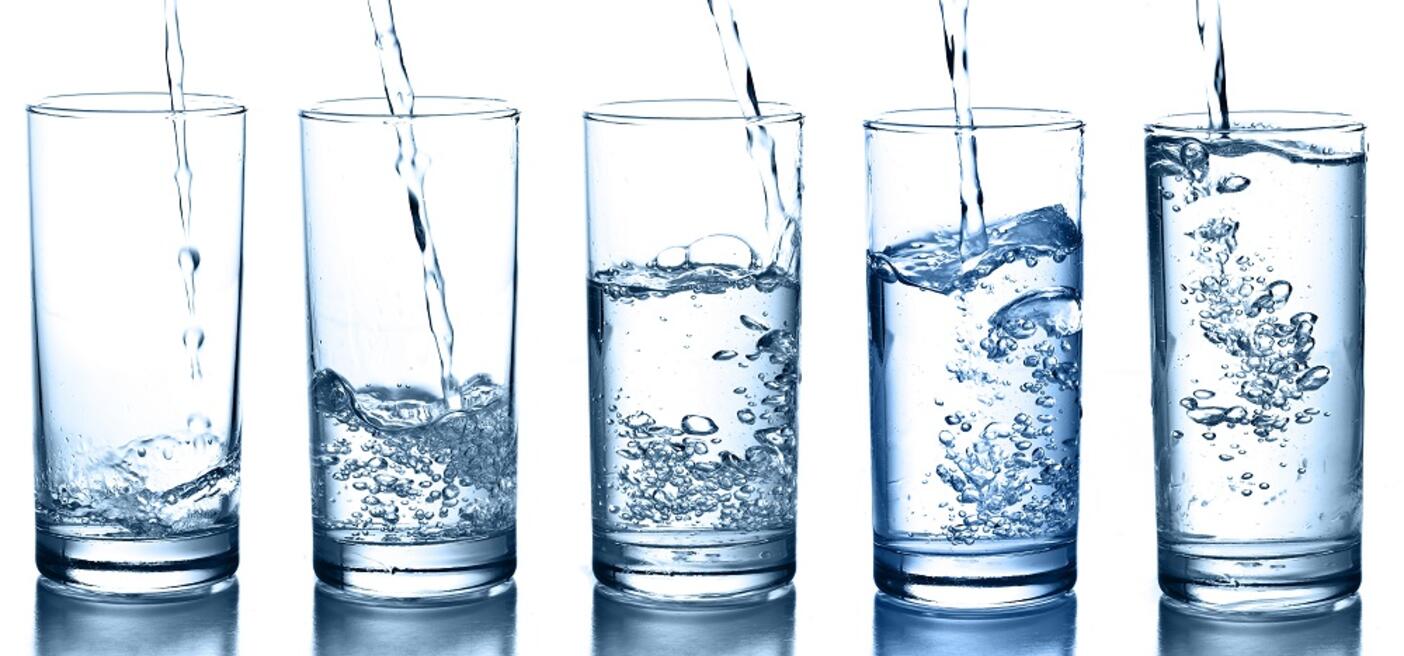Distilled Water and Your Health

The Importance of Pure Water
Water is indispensable for all forms of life. Experts agree that we need six to eight glasses of water per day to maintain optimum health. The daily cleansing of wastes from each cell, the flushing of the alimentary canal and the purifying of the blood are all dependent on our drinking water. Our bodies lose water by various means – through the kidneys, through breathing and through perspiration. Without sufficient water, food cannot be properly digested, absorbed and carried to all parts of the blood stream. Waste-bearing water (urine) is necessary to flush away the end products of metabolism. Without water to moisten the surface of the lungs, there can be no intake of oxygen of expulsion of carbon dioxide.
Allen E. Banik, O.D., in his book, “The Choice is Clear”, calls water “nature’s own liquid line of health”. But today, with problems of pollution with poisonous additives in or tap water as well as the presence of inorganic minerals, good water is hard to come by. In today’s polluted world, distilled water is the purest water. Since it assists in the elimination of many harmful substances, it has been recommended for detoxification and fasting programs and for helping clean out the cells, organs and fluids of the body.
What Distilled Water Is
Distilled water is water which has been heated to the boiling point so that impurities are separated from the water which itself becomes vapor or steam. It is then condensed back into pure liquid form. The impurities remain in the residue, which is simply thrown away. Distilled water contains no solids, minerals or trace elements and has no taste. Distillation removes the debris, bacteria and other contaminants.
Dr. Banik describes distilled water as the “only water which is pure – the only water which is free from all impurities”.
Odorless, tasteless and colorless, distilled water contains no solid matter of any kind, no minerals – organic or inorganic – and is made solely of two gasses – hydrogen and oxygen. It can be used as drinking water, for cooking, for electric irons and batteries and is pure enough to be used for intravenous feeding, inhalation therapy, prescriptions and baby formulas.
Organic and Inorganic Minerals
Inorganic minerals include carbonate and lime compounds, calcium, iron and magnesium. Since they are of a kind and quality which are incompatible with our cells, the cells reject these minerals which leaves an accumulation of debris in our bodies. Organic minerals, on the other hand, are found in vegetables, fruit, seeds, grains, meats and nuts, which form our daily diet. They are easily assimilated and are necessary for continuing good health.
What Distilled Water Does
Distilled water helps to dissolve the toxic poisons that accumulate in our bodies, helping to clean out the body cells, organs and fluids. Assisting in the elimination of these toxins and wastes through the kidneys, it passes through the kidneys without leaving inorganic pebbles and stones. Distillation kills bacteria and viruses and removes complex chemicals, heavy dangerous inorganic substances, pesticides, chlorine and fluorides. The Department of Agriculture stated “the only proven method of correcting cooking and drinking water pollution in the home is through the use of a home water distiller”.
Distilled water acts as a solvent in the body. It dissolves food substances so they can be assimilated and taken into every cell. It dissolves inorganic mineral substances, acid crystals and all other waste products so that these can be eliminated in the process of purifying the body. As distilled water enters the body, it picks up mineral deposits accumulated in the joints, artery walls or wherever such deposits occur and begins to carry them out. Gallstones and kidney stones decrease until they can safely pass through their ducts. Arthritic pains lessen as joints become more supple and moveable.
Frequently Asked Questions
Does distilled water rob the body of essential minerals? Distillation removes such contaminating dangers as fluorides, chlorine and impurities from the air, earth and plumbing. It also removes those inorganic minerals which the body cannot assimilate. There are two kinds of minerals: organic and inorganic. Our bodies receive inorganic minerals from the water we drink. They receive organic minerals from the food we eat. Distilled water both prevents inorganic minerals from entering the body’s system and removes inorganic mineral deposits already there. Organic minerals are absorbed and remain in the tissues.
Distilled water has the inherent characteristics of a magnet which picks up discarded minerals and with the assistance of the blood and the lymph, transports them to the kidneys for elimination. It is this kind of mineral elimination that is erroneously referred to as “leaching”; the expression that distilled water leaches minerals from the body is inaccurate. It does not leach out body minerals – it collects and removes inorganic minerals which have been rejected by the cells and tissues and which, if not evacuated, can cause arterial obstruction and serious bodily damage.
In his book, “New Life Though Nutrition”, nutritionist Dr Sheldon Deal contends that “one should not look to water as our source for minerals. We should look to water as a source of H2O – period…you should be taking a supplement that has minerals in it or using herbs or cell salts – superior sources of minerals”.
Does distilled water taste flat or funny? Distilled water is actually tasteless. This lack of flavour may take a short while to get used to but once you get accustomed to drinking distilled water, chlorinated tap water will seem offensive. Tap water has additives in it and it is the additives you taste. Since distilled water adds no foreign substances to your foods, the original tastes and flavours of the foods are retained.
How pure is distilled water compared to tap or filtered water? Ordinary tap water contains about 114 to 123 parts per million of sodium. When this water is run through the best available water filters, this 114 decreases to about 12-14 parts per million of sodium. Distilled water has only .00006 parts sodium per million.
DISTILLED WATER AND DISEASE
The U.S. Public Health Service, after much research, recommend distilled water to their various clinics, as did the Duke Medical Center in North Carolina. Distilled water is claimed to have no damaging effect on the heart, nor to deposit any unwanted material into the joints.
Arthritis, hardening of the arteries, diabetes, gallstones, kidney stones and cataracts have been allied with drinking impure water. Distilled water is said to break up mineral deposits and play an important role in the treatment and prevention of such diseases. Many experts say drinking distilled water removes much irritation from the kidneys and also increases the purity of the blood stream, thereby strengthening not only the kidneys, but also the body organs. Many medical patients troubled with kidney and bladder infections are reported to have seen their symptoms vanish after drinking only distilled water.

